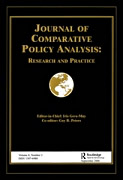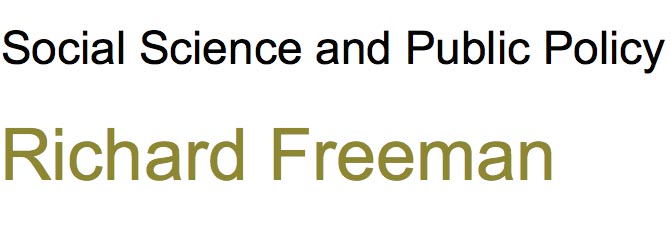 The main point of this article is to explore the methodological questions raised by weaknesses in international comparative work in the field of health policy. The core question is how competent learning from one nation to another can take place. The article argues that there is a considerable gap between the promise and the actual performance of comparative policy studies. Misdescription and superficiality are all too common. Unwarranted inferences, rhetorical distortion, and caricatures, all show up too regularly in comparative health policy scholarship and debates. The article first describes the context of the health and welfare state reform debates during the past three decades. In almost all industrialized democracies, rising medical expenditures exacerbated fiscal concerns about the affordability of the mature welfare state. In reaction to pressure for policy change in health care, policy makers looked abroad for promising solutions to domestic problems. The following section takes up the topic of cross-national policy learning. Then, it critically reviews recent debates about health care reforms and addresses the purposes, promises and pitfalls of comparative study in health policy. The next section categorizes existing comparative health policy literature to highlight the character, possibilities and limits of such work. The concluding section returns to the basic theme: the real promise of comparative scholarship and the quite mixed performance to date.
The main point of this article is to explore the methodological questions raised by weaknesses in international comparative work in the field of health policy. The core question is how competent learning from one nation to another can take place. The article argues that there is a considerable gap between the promise and the actual performance of comparative policy studies. Misdescription and superficiality are all too common. Unwarranted inferences, rhetorical distortion, and caricatures, all show up too regularly in comparative health policy scholarship and debates. The article first describes the context of the health and welfare state reform debates during the past three decades. In almost all industrialized democracies, rising medical expenditures exacerbated fiscal concerns about the affordability of the mature welfare state. In reaction to pressure for policy change in health care, policy makers looked abroad for promising solutions to domestic problems. The following section takes up the topic of cross-national policy learning. Then, it critically reviews recent debates about health care reforms and addresses the purposes, promises and pitfalls of comparative study in health policy. The next section categorizes existing comparative health policy literature to highlight the character, possibilities and limits of such work. The concluding section returns to the basic theme: the real promise of comparative scholarship and the quite mixed performance to date.
Source: Journal of Comparative Policy Analysis 7 (4) 331-348
